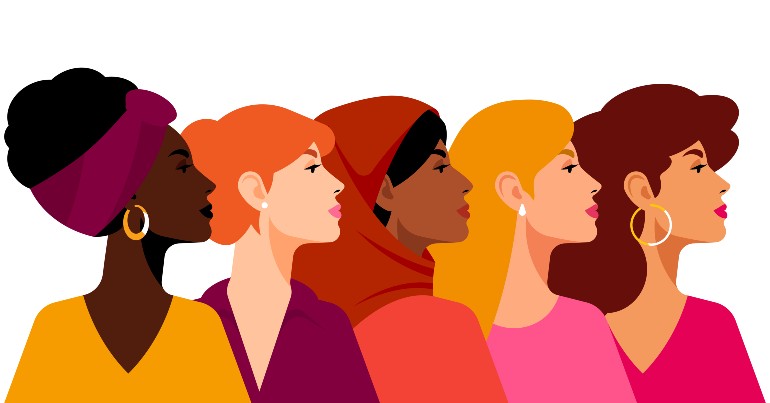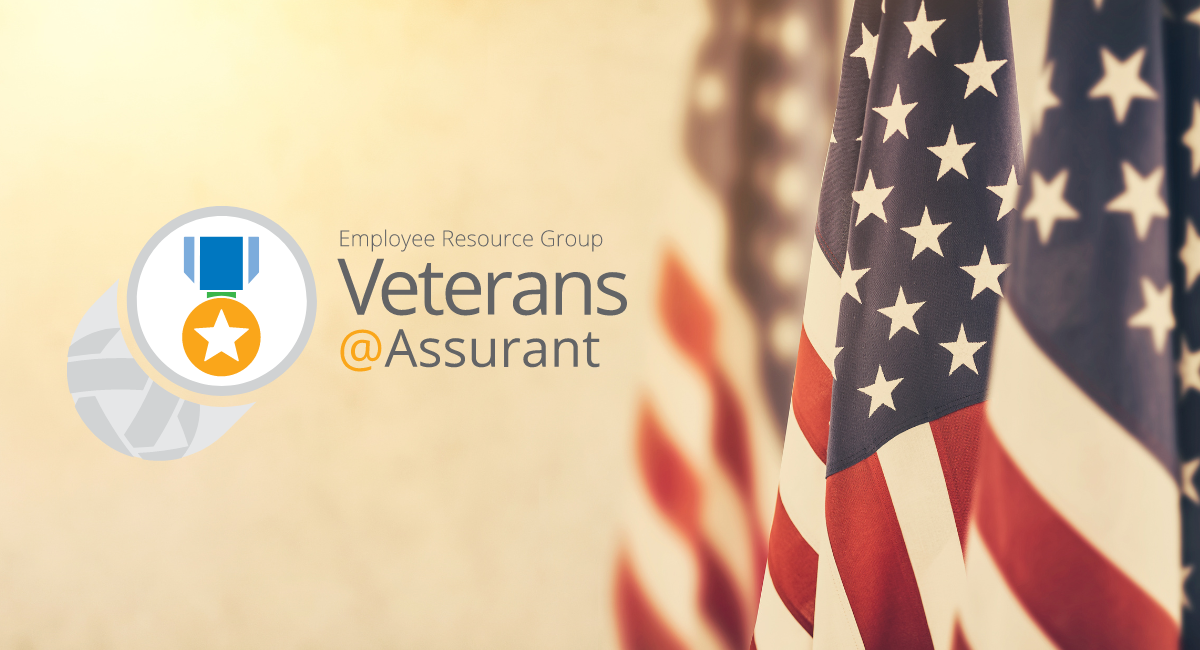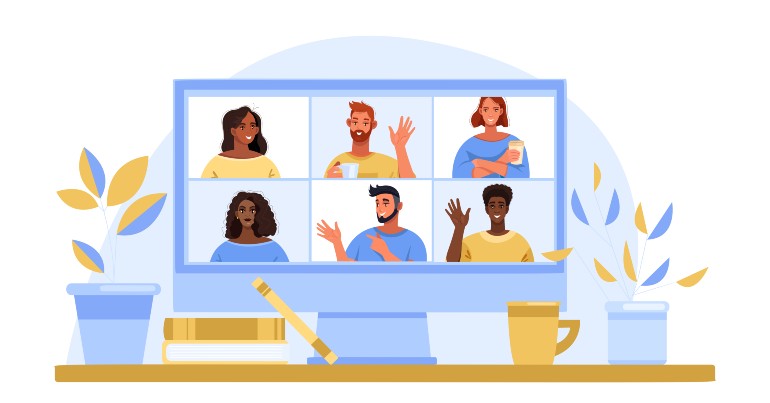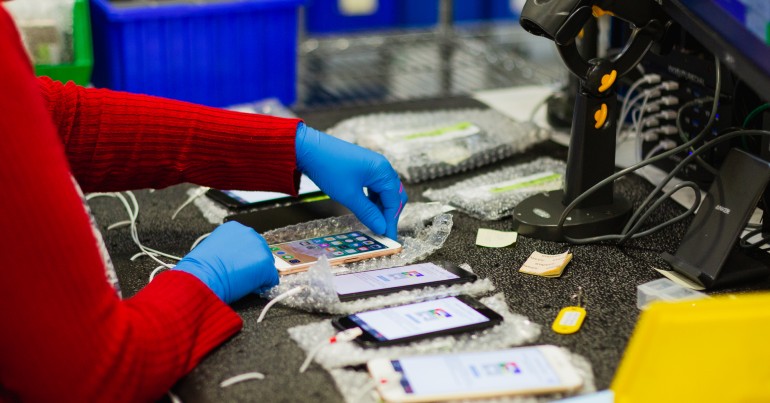The rapid spread of the COVID-19 virus ushered in unprecedented challenges to communities, businesses and economies around the world. As a result, the workplace endured a significant shift, and the future of work will undoubtedly bear the mark of this pandemic. More specifically, this has put immense pressure on women and mothers in the workplace, underscoring pervasive inequities women have faced for centuries.
There were 2.2 million fewer women in the U.S. labor force in October 2020 than there were in October 2019. So many women have been rendered out of work by pandemic-related pressures that it’s been coined the “she-cession.”1 Assurant’s global workforce is comprised of over 60% women, so we’re motivated to challenge inequity and forge a more equal Assurant and world to achieve true inclusivity.
Women Leaving the Workforce
The global workforce is composed of 39% women, but women account for 54% of the job losses worldwide. Insights from a McKinsey & Co. publication indicate that job losses by women have accelerated during the pandemic, climbing to a rate of 5.7% compared to the previous rate of 3.1%.

Similarly, wage losses resulting from the COVID-19 pandemic are disproportionately affecting women. In Europe, for example, women are experiencing a total wage bill loss of about 8.1% compared to just 5.4% for men, Catalyst outlines. In the same study, Catalyst predicts this is because women, who make up a majority of frontline and essential workers, are overrepresented in industries and occupations facing business closures, such as hospitality and retail.
Most working families have had to modify their work routines to adapt to caregiving needs and balance their family responsibilities during the pandemic. On average across the globe, women spend 4 hours and 22 minutes per day in unpaid labor, compared to only 2 hours and 15 minutes for men, according to a Catalyst survey. This disruption has left parents across all genders, races, ethnicities, and job levels feeling guilty about caregiving responsibilities.

The increased household responsibilities have forced many working mothers — and especially Black and Latinx mothers — to scale back on their hours or leave the workforce entirely during the pandemic, further widening economic and racial disparities. Nearly half (48%) of parents are anxious they will have to reduce their hours, consider working part-time or quit their jobs temporarily. Latinx mothers in particular have these concerns (63%), as compared to white mothers (41%), Black mothers (39%) and Asian mothers (47%).2
Women Staying in the Workforce
Women who have stayed in the workforce are subjected to their own set of pressures. A global study on employees in the workplace reveal women are 1.2 times as likely to have acute difficulties with workload increases, connectivity and belonging in the workplace, having a healthy and safe worksite, performance reviews, and physical health.
It can be difficult while working from home, says Assurant project and implementation manager, Julia Lithgow in Australia.
In the United Kingdom and the United States, women are 2.9 times and 2.6 times as likely, respectively, to report acute challenges related to mental health compared with their male counterparts.
A Catalyst survey conducted on working parents revealed adults ages 20 to 65 working in companies with 500 or more employees and found that two of every five mothers say they must hide their caregiving struggles from colleagues.
In that same survey, 71% of mothers reported having to modify their work routine to adapt to caregiving responsibilities. The continued disruption of work-life balance has left many parents feeling guilty, caught in a no-win situation on how to balance the blended work life and parent life.
The Growing Need to Support Women
How businesses responded and continue to respond to this pandemic will have a lasting impact on employee behavior, including employee engagement, productivity and loyalty.
Women are feeling more exhausted, burned out, and under pressure than men are, a study from McKinsey & Co. reveals, suggesting that companies need to do more to adjust the norms and expectations that lead to these feelings. By doing so, they can create psychologically safe spaces and a more fair, inclusive, and responsive workplace in these uncertain times.
Here are some ways to do that:
- Start with values. From sound values, a company can grow a culture where the challenges of women in the workplace are understood. Educational efforts can help, as can executive support and communication.
Assurant adheres to the values of common sense, common decency, uncommon thinking and uncommon results. Retaining experienced employees, regardless of gender, is just common sense. Ensuring that women are not disadvantaged is a matter of common decency. Applying uncommon, out-of-the-box thinking to find unique solutions can yield the uncommon result of preventing the exodus of women so many companies are experiencing.
Provide flexibility and time. Companies can allow employees to work at home as needed or provide additional time off to deal with the pressures of events such as the pandemic. Other related benefits might include maternity and paternity leave, backup childcare, and elder care.
We mobilized more than 12,000 of our 14,100 employees to work remotely at the onset of the pandemic. For those certain facilities that needed to remain open to perform essential, onsite services for our customers, we’ve adhered to strict social distancing guidelines. We’re also providing PPE provisions and practicing enhanced cleaning and sanitization in strict adherence to guidelines from local government and public health authorities.
Employees are encouraged to take additional breaks and create balance for their emotional health. In that spirit, three additional “paid floating days” were provided to all employees to provide additional support and flexibility many so desperately needed.
Assurant also offers all U.S. employees access to subsidized back-up care for dependent children or adults, such as a parent, in-law or grandparent, through a national network of qualified facilities and caregivers.
Compensation. Programs like incentive pay for employees could be helpful for working mothers and families, giving them some extra flexibility in uncertain times
Assurant issued one-time COVID-19 relief payments to all U.S.-based employees working from home below the vice president level to help offset additional pandemic-related expenses and needs. Essential workers at key locations received additional incentive pay and support to ensure they could continue to perform their work safely. Comparable programs were implemented across the globe as well.
The Assurant Cares Employee Support Fund, a separate nonprofit that addresses financial hardships employees face during catastrophic events, launched a special COVID-19 Emergency Relief program. Employees who experienced extreme financial challenges triggered by the pandemic were able to apply for assistance. More than 2,225 ACES Fund COVID-19 charitable grants totaling more than $1.1 million were distributed.
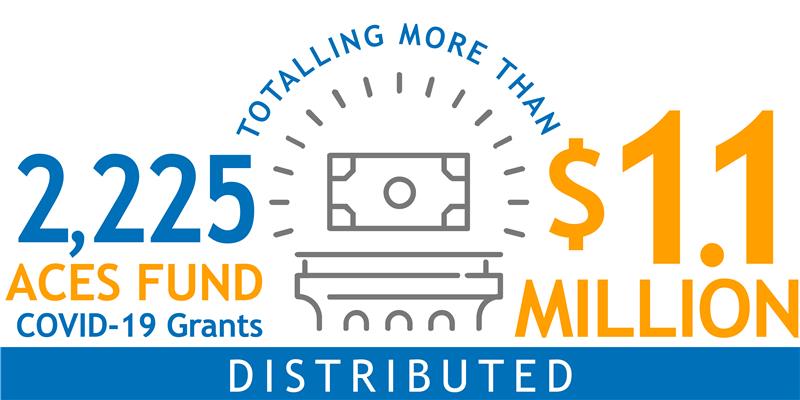
Help employees manage stress and focus on mental health. Mothers reportedly feel more guilt and stress in attempting to meet work related demands and are experiencing feelings of anxiety. 54% responded in a Catalyst survey that they feel guilt when working because they’re not attending to caregiving, or when caregiving (43%) because they’re not attending to their work. In addition, social distancing can be isolating and stressful for many.
Assurant offers free and confidential resources available 24/7 through a global Employee Assistance Program (EAP). The EAP provides resources and tools for employees who need help with a variety of issues, including work-life balance, how to build resilience, family and relationships, depression and stress management, alcohol or substance abuse, and more.
One of Assurant’s vendor partners, Bright Horizons, also offers our employees a year-long series of family webinars and parenting podcasts featuring practical advice on parenting, caregiving, learning, and managing your work and family life.Communicate. To alleviate the challenges parents are facing, employers should provide increased transparency around the company’s plans to modify work expectations, such as return to office plans and available benefits, and create an environment in which employees don’t feel like they’re faulted for being parents. Communication needs to be empathetic toward their concerns and delivered both as overall company directives and through more personal channels.
Communication from the top down is essential. Leadership at the highest levels at Assurant is constantly communicating through regular virtual town halls, forums and employee communications on the pandemic situation.
Assurant’s Commitment
The obstacles and hardships facing women and working mothers are not new, but the pandemic has given them more visibility and awareness to change. At Assurant, we may not have all of the answers now, but our commitment to diversity, equity and inclusion propels us forward in initiating change and fostering an equitable workplace for everyone.
Given the uncertainties around the pandemic for the near- and medium-term, investing in the mental and physical health of employees is critical for long-term sustainability.
"The past year has presented us with unprecedented obstacles," says Keisha Johnson, director of mortgage operations at Assurant, located in South Carolina.
Assurant’s efforts toward gender equality were recognized as the company was included in the 2021 Bloomberg Gender Equality Index, one of 380 companies worldwide to receive the honor. The index measures gender equality in five areas: female
leadership and talent pipeline, equal pay and gender pay parity, inclusive culture, sexual harassment policies and pro-women brand. This was the first year that Assurant participated so that we could gain insights, benchmark our actions with other
leading companies and grow stronger as we further our commitment to gender equality.
In recognition of International Women’s Day and Women’s History Month, Assurant is hosting a Courageous Conversation with Women at Assurant panel this month for all employees. This event will feature a discussion with women at Assurant from various business and functional areas about their perspectives and experiences related to gender and identity in the workplace. Our Courageous Conversation series, which launched in 2020, is a DEI initiative that focuses on raw, honest and courageous discussions that foster greater inclusion.
Assurant is also committed to investing in strategic DEI partnerships that will help foster inclusion and to enhance access to best practice DEI resources for all employees. In 2021, Assurant’s DEI team and the Assurant Foundation have launched a new partnership with Catalyst, a global nonprofit organization that works with over 800 companies around the world to accelerate women into leadership. As a result of this new partnership, all Assurant employees worldwide now have access to a full spectrum of research, learning programs, case studies, tools, webinars and more through Catalyst.
In addition, our global Supplier DE&I program further improves the representation of certified supplier companies, including women-owned suppliers.
To learn more about Assurant’s ongoing efforts in support of diversity, equity and inclusion as well as other areas of social responsibility, visit the following:
- Assurant Included in 2021 Bloomberg Gender-Equality Index
- Assurant Named a Winning “W” Company by 2020 50/50 (Previously Women on Boards) for Fourth Consecutive Year
- Assurant 2021 Social Responsibility Report


